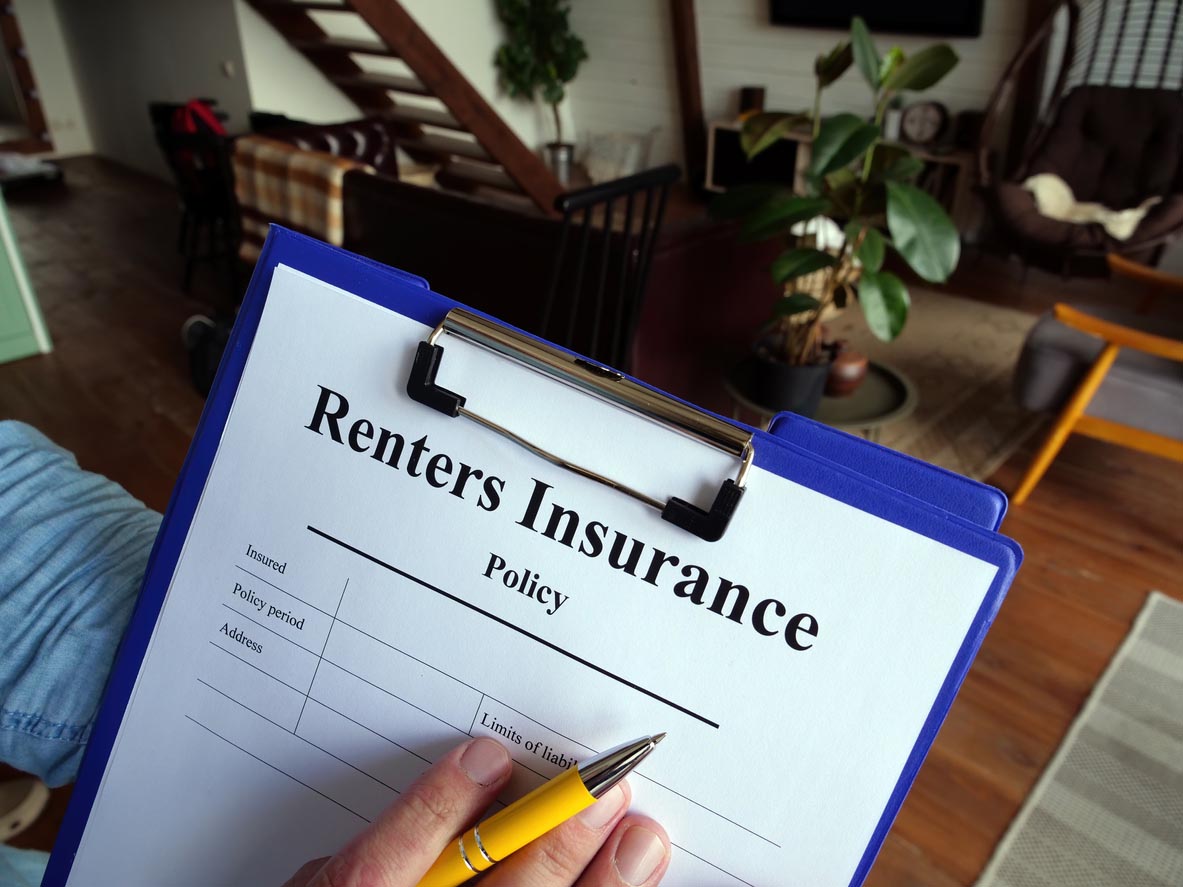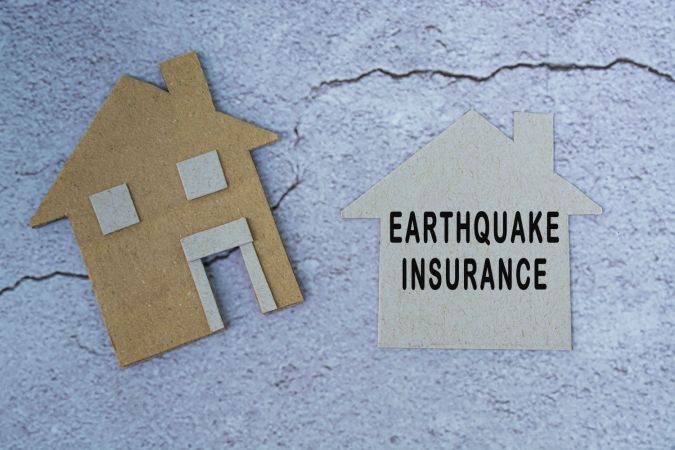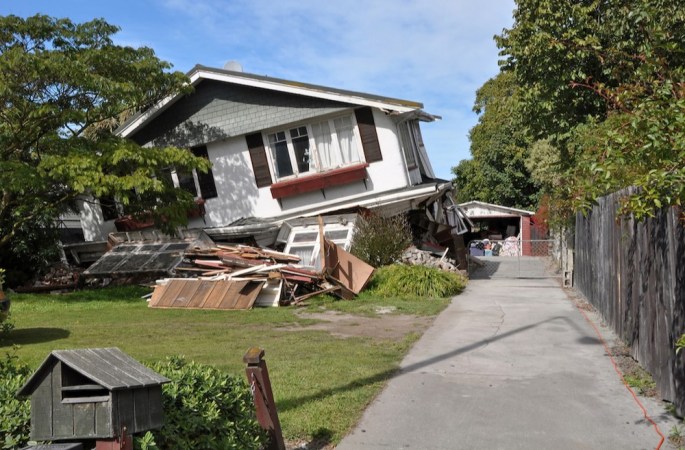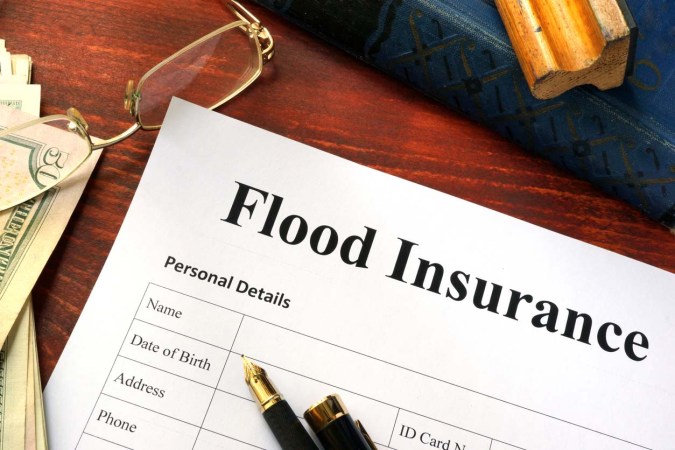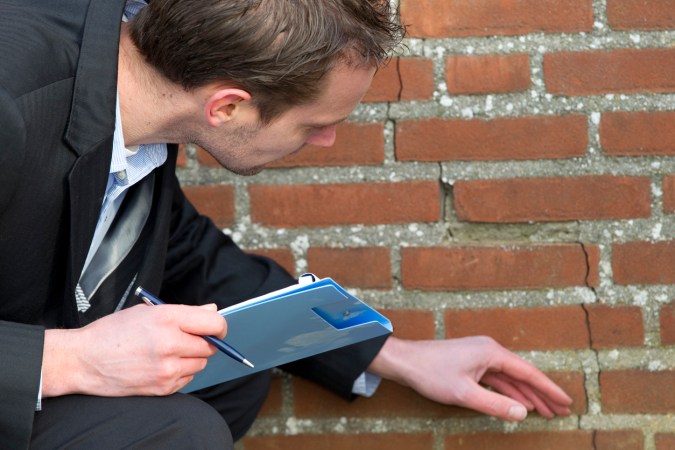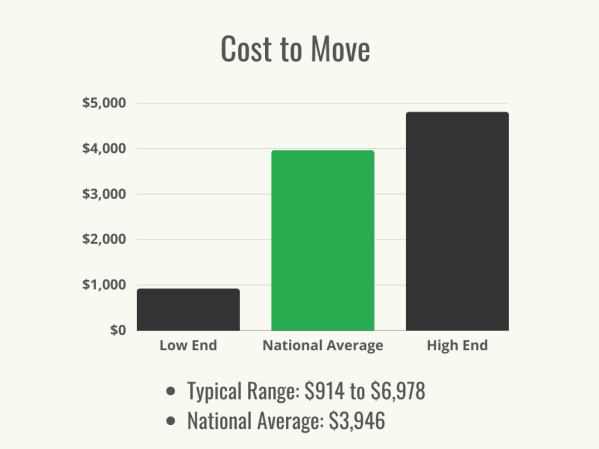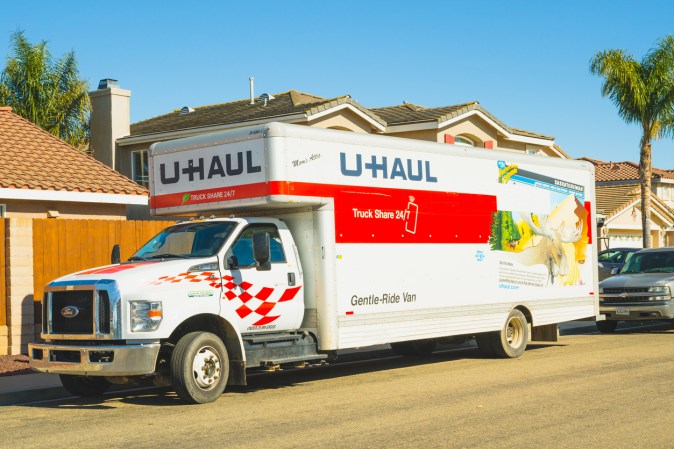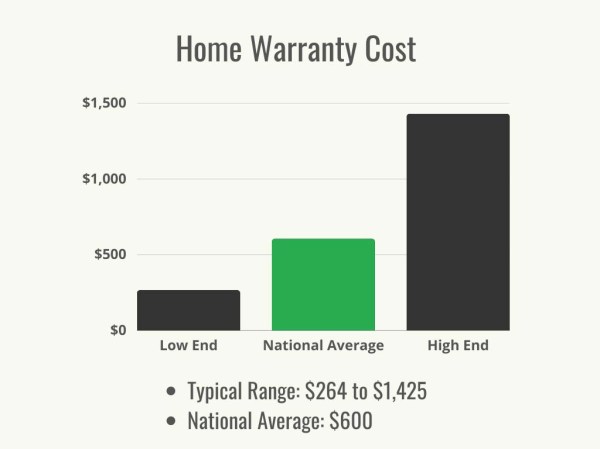We may earn revenue from the products available on this page and participate in affiliate programs. Learn More ›
Protecting your belongings beyond locking the door may not be your first thought when you sign a rental lease, but it probably should be. As a renter, you’re just as likely to be a victim of theft or burglary as someone who owns their home, if not more. And you’re just as likely to lose your possessions in a fire or storm. Renters insurance is an affordable way to protect yourself financially in case the things you own are damaged or destroyed in a covered event. But who sells renters insurance? How do you know what to look for? What is the best renters insurance company? Finding the answers to these questions before you start shopping will make the process more straightforward and help you find insurance for renters that most closely meets your needs.
Before You Begin…
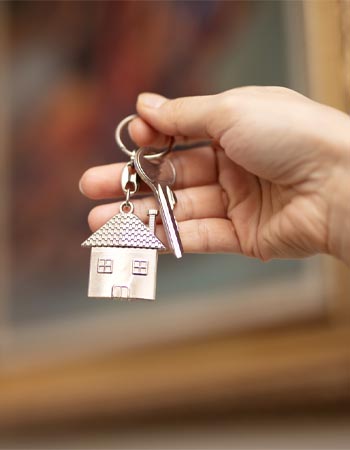
Renters insurance coverage functions in a similar way to homeowners insurance: Renters will pay an annual premium to purchase coverage for a period of time, usually a year. During that period of time, if your belongings or apartment are damaged by a covered event, you’ll pay a deductible, and after the deductible is paid, your insurance company will cover the rest of the cost to repair or replace your items. Unlike homeowners insurance, which covers both the building and the contents, insurance for renting is limited to the items owned by the renter, because the building and grounds are the responsibility of the property owner. You may not think that you need renters insurance, especially if your belongings consist mostly of furniture you’ve collected over time and mismatched dishes from your grandmother’s house, but the cost to replace your furniture, clothing, books, kitchenware, linens, and electronics can mount up very quickly; USAA estimates that the average renter owns approximately $20,000 worth of items. After a disaster you might find yourself in a position where you can’t afford to put your life back to the way it was before the incident. In addition, you may have to stay somewhere else while your apartment is repaired—the rent will still be due, but you’ll also have to bunk with a friend or pay for a hotel. Most rental insurance companies will pay for your living expenses if you have to leave your apartment for repairs. With insurance, renters can be protected from financial woes that would otherwise compound the stress and worry after an already-stressful event.
Renters insurance also usually includes a liability policy, which can protect you financially if you, for example, accidentally cause damage to another person’s property (regardless of where you are at the time) or if someone is injured in your apartment and sues you to cover their medical expenses. This isn’t something most renters consider—most people don’t even realize that it’s a component of renters insurance—but it’s a great safety net.
STEP 1: Understand what is and isn’t covered by your property owner’s policy, then create a digital trace of what you own.
Generally speaking, your landlord’s policy will only cover the structure of the building and possibly the grounds. This means you won’t be responsible for paying for repairs to the roof, walls, foundation, or any other part of the structure of the building. Your personal property will most likely not be covered by the landlord’s policy, so it’s up to you to insure your things. In addition, your landlord’s policy won’t cover damage caused by appliance malfunction or water backups. If your landlord carries a home warranty, it’s less likely that those particular events will occur, because maintenance work can be more easily carried out with a warranty. Regardless, your landlord’s policy won’t cover your belongings, so you’ll want to start assessing what and how much you have to insure.
A great way to accomplish this is to take an inventory of what you own. First, make an organized list; there are many programs and apps available to help, but you can also just walk around your apartment and separate your belongings into categories such as electronics, linens, books, collectibles, instruments, clothing, furniture, and others. Collect any receipts that you have, especially for electronics, big-ticket items, and collectibles or artwork, and scan them or take photos to support any claim you might eventually need to make. Store this list and collection of receipts in the cloud where it’s easy to update and access, especially if your apartment is damaged and you don’t have access to it. To further support your inventory, walk slowly through the apartment with a video running to capture what’s on the shelves and verify the condition of your items. Store this with your inventory.
This inventory will make it easier to make decisions about how much insurance you need and support any claims you may eventually need to make.

STEP 2: Do your research on renters insurance and what it does and doesn’t cover.
Now that you know what you have, it’s time to consider what kind of coverage you’ll need. First, know what renters insurance covers; your belongings are covered if the event in which they’re damaged is considered a covered event. Apartment insurance covers damage caused by natural events such as windstorms and hail, lightning, fire and smoke, snow, sleet and ice, and volcanic eruption; damage caused by accidents including vehicles, aircraft, explosions, and falling objects; intentional acts like theft, vandalism, and riots; and water and steam damage from system failures inside the building, like plumbing and sprinkler systems. Renters insurance, like homeowners insurance, will not cover damage caused by earthquakes or flooding; you’ll have to purchase flood insurance separately if you live in a high-risk area.
Renters insurance will also cover events that occur outside your rental. Damage that you accidentally cause elsewhere is covered, as are your belongings when you travel, should they be lost, stolen, or damaged. Should you need to move elsewhere while the apartment is repaired, those expenses would be covered as well. Finally, renters insurance covers your liability should someone else be injured on your property.
But all insurance policies have limits, so it’s important to know what those limits are so you can determine if a basic policy will be sufficient or not. High-end jewelry, expensive collectibles and artwork, and state-of-the-art electronics may not be covered in full if your policy limit is lower than the value of the items.
STEP 3: Determine how much renters insurance you need.
Using your inventory, add up the replacement value of your belongings. This is your starting point, but as you decide how much property insurance you’ll need, there’s another factor to take into account: Different policies provide different types of compensation after a covered event. Most insurance companies provide the option of actual cash value coverage, which means the insurance company will pay you what the value of your possessions is today. In other words, they’ll take the original purchase value and then subtract a percentage based on the age and condition of the items and pay you that amount. This amount will certainly help you replace your items, but it will not fully compensate you for the actual cost of replacing the items. For that, you’ll need to choose a policy that provides replacement cost. Some insurers offer this as a stand-alone policy, while other companies offer it as an upgrade from an actual cash value policy. An actual cash value policy will cost less up front, but you may be stuck after a claim without enough money to cover the replacement of your items.
Next you’ll need to decide which items you would like to add more coverage for. Expensive items such as jewelry, collectibles, electronics, and musical instruments may exceed the limit of standard coverage, so you’ll want to consider adding endorsements to your policy that increase the coverage limit for specific items. To justify this increase, you’ll need to get the items appraised (even if you have the original receipts; you’re looking for the replacement value).
You’ll also need to consider your deductible. Examine your finances, and determine how much you could afford to pay before your insurance coverage kicks in. This will be a balancing act, and it may be a place you can make adjustments later; a higher deductible will result in a lower premium, while a lower deductible means you’ll pay more up front.

STEP 4: Collect and compare quotes from different providers.
One of the biggest mistakes renters make is not shopping around. Renters insurance isn’t offered by every insurance company, so you may have to hunt around to get a good collection of renters insurance quotes, but it’s worth it. There are a lot of moving parts in renters policies—so many that it’s tricky to compare them evenly. The coverage limits, deductibles, and specific items covered will all be slightly different, so it’s important not to jump on the first quote you get without comparing it to at least several others. Of course, consider insurers that you already work with, and take recommendations from friends, neighbors, real estate agents, and others, but do some research on your own with insurance rating services and online services that rate customer service and the ease of the claims process. Some rental listing sites have relationships with insurers as well. Provide as much specific information as you can about the coverage you’re looking for when you request the quotes. In the end, a combination of the numbers and the confidence you have in the companies you’ve investigated will guide you to the right one.
STEP 5: Start the application process.
If you’ve identified several companies whose quotes meet your needs, there’s no reason not to apply to several of them to confirm that you’re choosing the right one. There is no single best place to get renters insurance—the costs and services will depend on your unique situation. You’ll want to fill out the applications as completely as possible and be as specific as you can. Some companies will allow you to complete the entire process online, but if you have questions or specific requests for endorsements or adjustments, it’s best to speak with a person. Keep your documentation handy for items you’d like to add extra coverage for.
STEP 6: Tailor your renters insurance policy and take advantage of any discount opportunities.
Once you’ve finished the applications, you’ll be presented with policy documents. Read these with a close, careful eye, and make sure that any endorsements, coverage increases, or adjustments you asked for are noted. If they are not, or you have questions, or you realize you’d like to increase or decrease your coverage or deductible, speak with a representative about making the change and see the change confirmed on the policy documents before signing. This is where you may be able to make some adjustments to the overall cost and balance the deductible, premium, and coverage limits against each other to adjust your costs.
Before you sign, ask about other potential discounts. If you or a family member carry another policy with the insurer, the company may be able to shave off a percent or two. Members of the military or state employees may have discounts available to them as well. But simpler things can also deduct from your premium; insurance is always a financial risk to the insurer, and companies like to have their risks reduced. Providing proof of an improved fire suppression system, smoke detectors, and sprinklers, even though you may have no control over their installation, can reduce your insurance cost because they make it less likely that your rental will be damaged by fire. The same logic works for security systems, deadbolt locks, and doorbell cameras. There’s no harm in asking about additional discounts, and the question could save you money.
Without insurance, rental units are at a significant financial risk—a risk the renters may not be able to afford to take. Taking steps to accurately determine how much coverage and what kind of coverage you need will help you choose the right company and the right policy to create a sense of security in case of an emergency.

